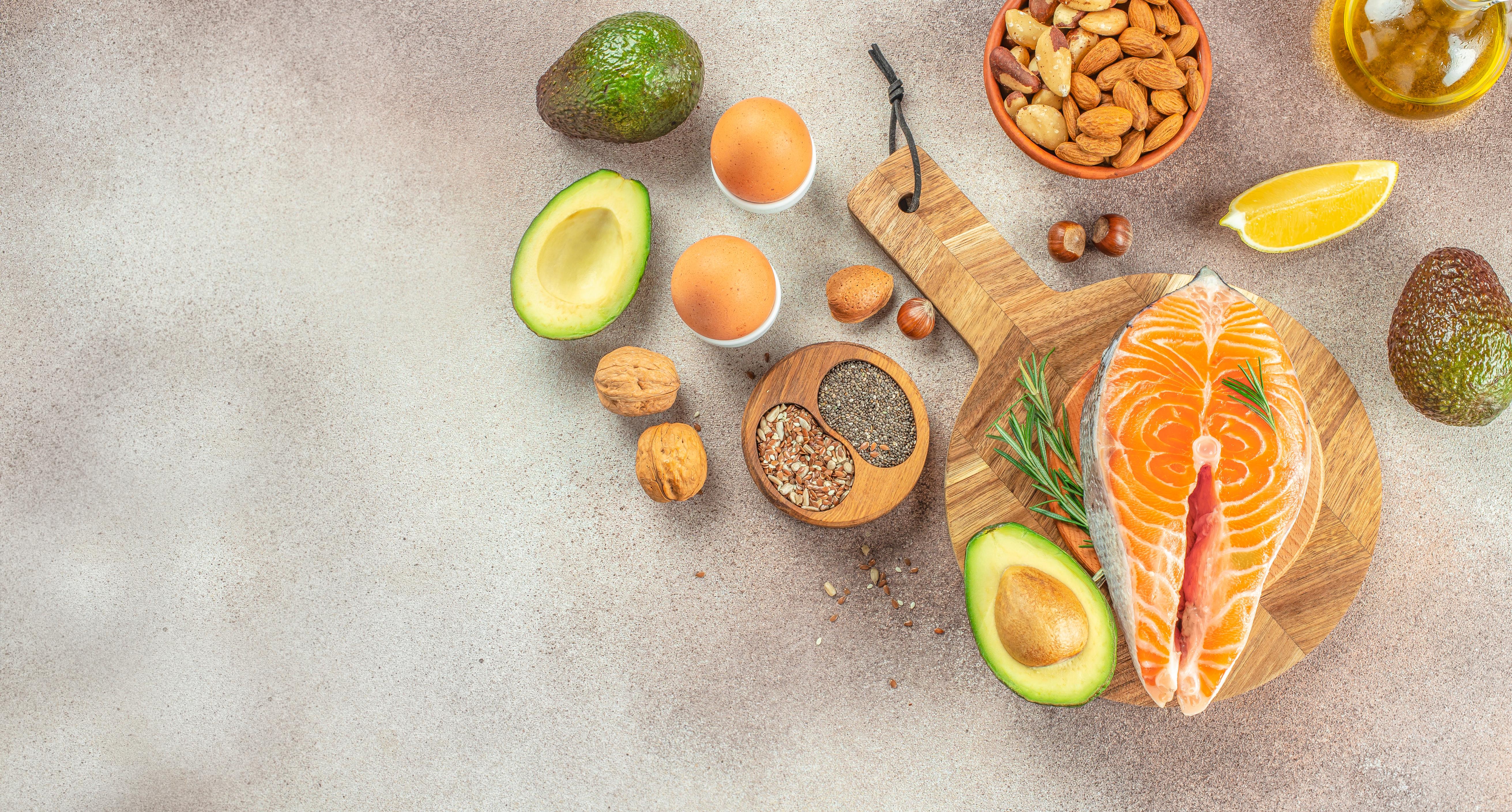9 Remarkable Tips to Naturally Melt Away Cholesterol for a Healthier Lifestyle
Cholesterol, a waxy substance found in your blood, is essential for building healthy cells, but excessive amounts can lead to serious health issues. While the body naturally produces cholesterol, dietary habits significantly impact its levels. High cholesterol is a major risk factor for heart disease, the leading cause of death globally. Understanding the balance between low-density lipoprotein (LDL), often labeled as 'bad' cholesterol, and high-density lipoprotein (HDL), known as 'good' cholesterol, is crucial. LDL contributes to fatty buildups in arteries, whereas HDL helps remove cholesterol from the bloodstream. This article explores nine remarkable tips to naturally reduce cholesterol levels, promoting a healthier lifestyle. By integrating these strategies, you can effectively manage cholesterol, reducing the risk of cardiovascular diseases and improving overall health.
Embrace a Heart-Healthy Diet

One of the most effective ways to lower cholesterol naturally is through a heart-healthy diet. Focus on consuming foods rich in soluble fiber, such as oats, beans, lentils, and fruits like apples and pears. Soluble fiber helps reduce the absorption of cholesterol into the bloodstream. Incorporating healthy fats, such as those found in avocados, nuts, and olive oil, can also promote heart health by increasing HDL levels. Limiting saturated fats found in red meat and full-fat dairy products is crucial, as these can raise LDL cholesterol. Additionally, avoiding trans fats, often found in processed foods and baked goods, can further protect your heart. By making these dietary changes, you can take a significant step towards naturally lowering cholesterol levels.
Regular Physical Activity

Engaging in regular physical activity is a powerful way to lower cholesterol and improve heart health. Exercise helps raise HDL cholesterol while lowering LDL cholesterol and triglycerides. Aim for at least 150 minutes of moderate aerobic exercise or 75 minutes of vigorous activity each week. Activities such as brisk walking, cycling, swimming, or dancing can be enjoyable ways to meet these goals. Strength training exercises, performed at least twice a week, can also help manage cholesterol by building muscle mass and burning fat. Regular physical activity not only aids in cholesterol management but also helps control weight, reduce blood pressure, and improve overall cardiovascular fitness.
